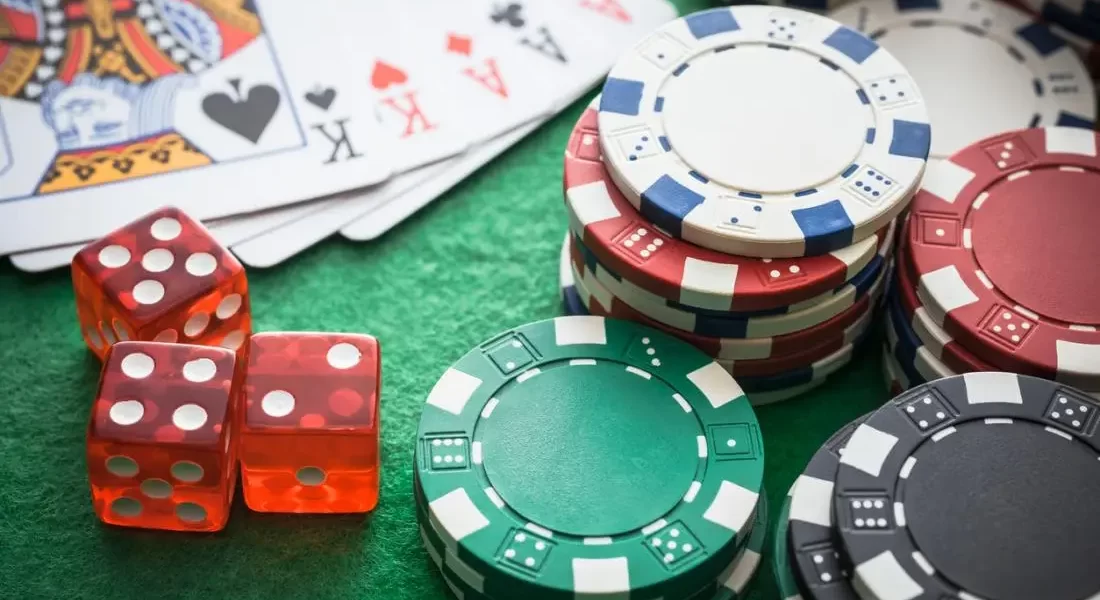Gambling addiction affects the brain in similar ways as addictions to substances; seeking treatment as soon as possible may help someone break free of this cycle and break away from its clutches.
Recognizing the warning signs of gambling addiction may be challenging and uncomfortable, but recovery provides immense hope and comfort.
Symptoms
Gambling addictions can wreak havoc with relationships and finances, as well as lead to emotional issues like depression or anxiety. Furthermore, addiction may also produce physical symptoms like sleep deprivation, nutrient deficiencies and weight changes – it’s vital that any loved ones exhibiting any signs should address this immediately before it escalates further.
People suffering from gambling disorders are likely to hide the severity of their problem from family and friends, deceiving them by lying, hiding assets or engaging in illegal activities.
Cognitive behavior therapy and financial counselling can both provide effective treatments for gambling addiction. Psychological therapies may help change unhealthy gambling behaviors and thought patterns such as rationalizations and false beliefs about odds of winning. Furthermore, psychotherapists can teach healthier ways of coping with stress or emotional difficulties that lead to gambling addiction; such as exercise programs or eating plans tailored specifically for people who struggle with gambling problems such as Gamblers Anonymous.
Triggers
Thanks to technology, those struggling with gambling addiction may gain access to gambling websites and apps on smartphones and tablets that allow them to place bets or play video games – similar to drug addicts but without as much of the associated harm. This may trigger addictive behavior as it stimulates multiple releases of dopamine into their brains causing repeated stimulation similar to drug addiction.
Gambling addiction often results in financial ruin and can damage family relationships. Addicts may turn to illegal means such as fraud, embezzlement, shoplifting, forgery and robbery to fund their habit and try to recoup their losses through illegal means such as theft and forgery.
Loved ones may recognize this behavior as a telltale sign of addiction if their loved one becomes obsessed with going to casinos or betting online, or appears preoccupied with these activities. Sometimes these individuals may lie about it and conceal evidence such as internet browsing history or credit card statements from others – something especially common if an addict has been concealing his/her gambling activities for an extended period.
Addiction
Gambling addiction can cause people to lose control over their gambling behaviors, impacting all areas of life. Financial distress and straining relationships may result. Individuals may incur considerable debt as they try to recover losses from losses suffered while gambling – sometimes leading them into heavy debt and potentially leading to the loss of homes in an effort to recoup losses.
Gambling addiction can strike at any age and through multiple channels; not just casinos or slot machines. Lottery tickets, raffle tickets and betting with friends all count as forms of gambling.
Vulnerable groups for gambling addiction include young adults, people from low income households and men – who tend to develop it more frequently than women. People using drugs or alcohol as self-medication might also increase their risk for pathological gambling – this can worsen symptoms of depression and anxiety which then leads to pathological gambling as a form of self-medication; additionally this increases impulsive behavior like chasing losses as a way of self-medication.
Treatment
Gambling addiction treatment options range from individual and group therapy sessions, Gamblers Anonymous support groups and psychotherapy to cognitive behavioral therapy, dialectical behavior therapy and psychodynamic therapies which aim to identify and change unhealthy emotions, thoughts and behaviors in an individual.
Some treatments involve teaching individuals how to manage stress effectively and find healthy methods of dealing with problems and boredom, such as exercise, meditation, learning a new hobby or talking with family and friends. Antidepressants or mood stabilizers may also be necessary; the Food and Drug Administration hasn’t approved any specific drugs specifically intended to treat gambling disorder but some doctors use medications meant for other conditions to manage symptoms – the effectiveness of which varies from person to person.
Other treatment options for gambling addiction may include inpatient and outpatient rehabilitation centers, self-monitoring techniques like writing a journal or keeping expenses, support groups and abstinence from gambling. Rehab programs often take the form of 12-step recovery programs used for alcoholism recovery; or employ peer counselors with personal experience of gambling addiction as peer counselors.










